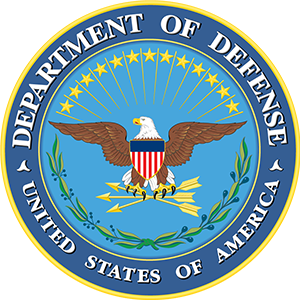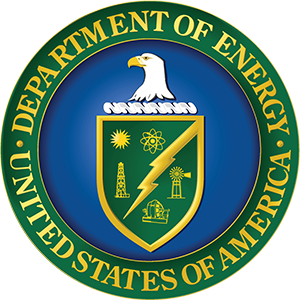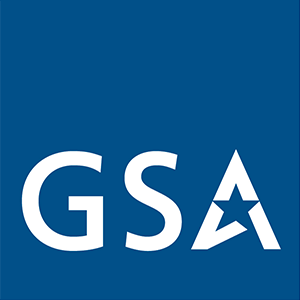Thermal Energy Networks: Sharing Resources for Resiliency and Efficiency
Space conditioning (heating and cooling) and water heating consume over 40% of the nation's primary energy. Thermal energy networks, including geothermal, heat recovery, thermal energy storage and other thermal energy sources, can provide for resilience, cost savings, and efficiency. In this session, attendees will learn how to identify, evaluate, and develop thermal energy network concepts to create successful opportunities for deployment. Participants will learn how to identify challenges, methods of system modeling, and the necessary steps to plan for project success.
Learning Objectives
Upon completion of this course, attendees will be able to:
- Identify the components and benefits of thermal energy networks, including geothermal, heat recovery, and thermal storage solutions;
- Recognize the role of thermal networks in improving energy efficiency and resilience in building portfolios;
- Evaluate site-specific opportunities and challenges for deploying thermal energy networks;
- Recognize system modeling techniques to assess feasibility and performance of thermal energy solutions.










